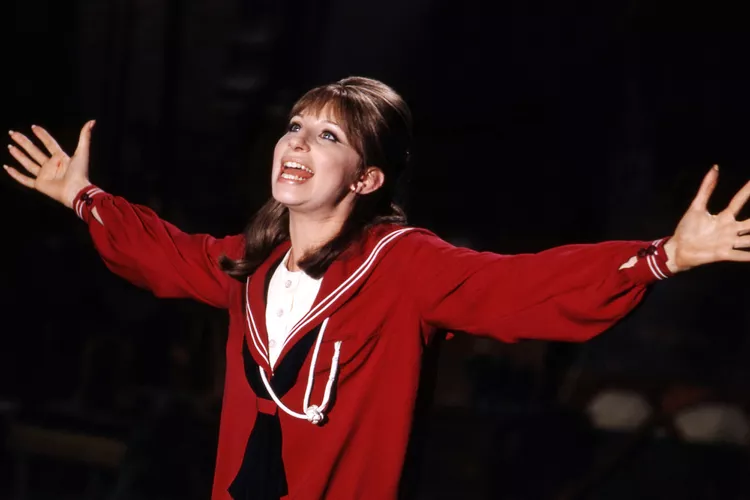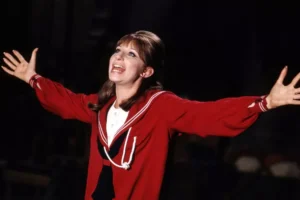
 How Great a Singer Is Barbra Streisand? Just Check Out Our Playlist!
How Great a Singer Is Barbra Streisand? Just Check Out Our Playlist!
To Barbra Streisand’s long list of credits as singer, actress, director, songwriter, producer, political activist and contributor to the economic lexicon (see: “the Streisand effect”), she has now added “memoirist,” thanks to her 970-page autobiography, My Name Is Barbra. But the music—the singing—has arguably been the anchor of her career, and perhaps her greatest gift to the world. The classical pianist Glenn Gould wrote that “the Streisand voice is one of the natural wonders of the age, an instrument of infinite diversity and timbral resource.” It can be supple, thundering, mellow, sinuous, brassy, rounded, gorgeous. Streisand has a number of signature classics (“People,” “Don’t Rain on My Parade,” “The Way We Were,” “Guilty”), but her taste and talent have been adventurous and, for the most part, deeply edifying. She’s one of the rare artists who makes you want to both stand in awe and melt into a puddle. This, you can imagine, is hard to do at the same time. Streisand was only 19 when she appeared on Broadway in the musical I Can Get It for You Wholesale— and stopped the show with this number, the comic romantic lament of an unmarried secretary. The humor, the surprising way of shaping a lyric and the soaring, swooping vocal pyrotechnics were already in place. She followed this with the stage production of Funny Girl, and after that she was off to Hollywood. What was she going to do, wait around to play Miss Hannigan in Annie? Although she did record a bossa-nova-tinged version of that show’s big hit, “Tomorrow.”
Leave a Reply